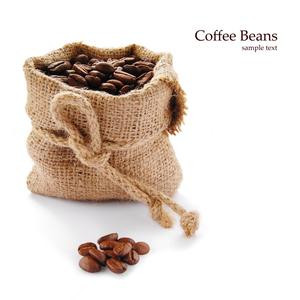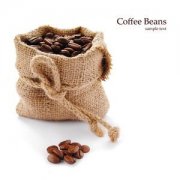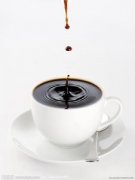The benefits of drinking Coffee Research shows that caffeine improves memory

Caffeine intake helps improve memory and provides a scientific basis for students' behavior, according to an article published in the British science journal Nature Neuroscience on the 12th.
A team from Johns Hopkins University found that caffeine can strengthen memory and make it last for at least 24 hours.
At present, the evidence for the use of caffeine as a memory enhancer is only theoretical. This is like the process of reading to strengthen memory before the exam, which may be caused by people's strong desire to absorb and maintain the information they have obtained. Therefore, it is difficult to tell whether the improvement in memory is due to the concentration ability that people already have or the effect of caffeine.
In order to find out why, the researchers tried a different path from previous studies. The team first asked 73 volunteers to look at pictures of plants, baskets, saxophones, seahorses and other objects. After that, the subjects were divided into two groups and one group drank two cups of espresso (about 200 milligrams of caffeine). The other group was given a placebo (a caffeine-free drink made of inactive substances such as lactose to test the real effect of caffeine). Then saliva samples were taken after 1 hour, 3 hours and 24 hours respectively.
The next day, in order to test which group of subjects had a higher correct rate of picture recognition, members of the two groups were asked to look at various pictures again, including not only the same pictures as the previous day, but also brand-new pictures and pictures very similar to the previous day's pictures. The results showed that among the "very similar" images, a group of images consuming caffeine had a higher correct recognition rate.
Important Notice :
前街咖啡 FrontStreet Coffee has moved to new addredd:
FrontStreet Coffee Address: 315,Donghua East Road,GuangZhou
Tel:020 38364473
- Prev

Drinking coffee regularly can improve memory, research has found
According to reports, American John? Research from Johns Hopkins University found that caffeine can improve people's memory. The scientists selected 100 volunteers who consumed less than 500 milligrams of caffeine a week (a cup of regular coffee contains about 330 milligrams of caffeine) and gave them five minutes to look at pictures of a group of daily items. Then they were divided into two groups. One group drank a cup of coffee containing 200 milligrams.
- Next

The role of drinking coffee new research shows that a cup of coffee lasts for six hours
A new study has found that the stimulating effect of caffeine can last for six hours, the Daily Mail reported. Drinking coffee after 5pm can easily lead to an hour less sleep at night. Because the coffee drinking time is late, it is easy to lead to night sleep disorder, sleep time shortening and sleep quality decline. In the new study, Christopher, a professor of psychiatry at Wayne State University in the United States
Related
- Beginners will see the "Coffee pull flower" guide!
- What is the difference between ice blog purified milk and ordinary milk coffee?
- Why is the Philippines the largest producer of crops in Liberia?
- For coffee extraction, should the fine powder be retained?
- How does extracted espresso fill pressed powder? How much strength does it take to press the powder?
- How to make jasmine cold extract coffee? Is the jasmine + latte good?
- Will this little toy really make the coffee taste better? How does Lily Drip affect coffee extraction?
- Will the action of slapping the filter cup also affect coffee extraction?
- What's the difference between powder-to-water ratio and powder-to-liquid ratio?
- What is the Ethiopian local species? What does it have to do with Heirloom native species?

